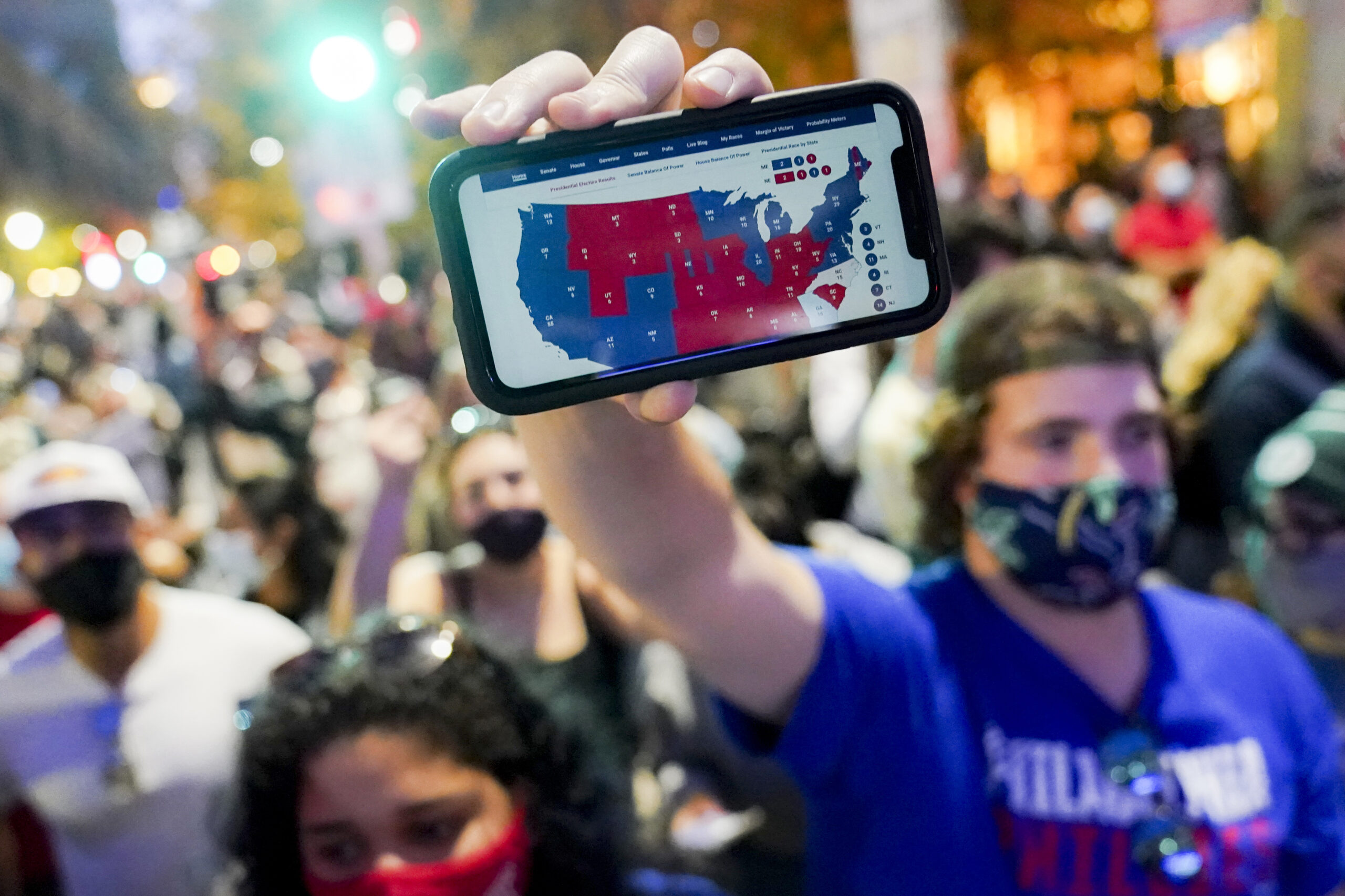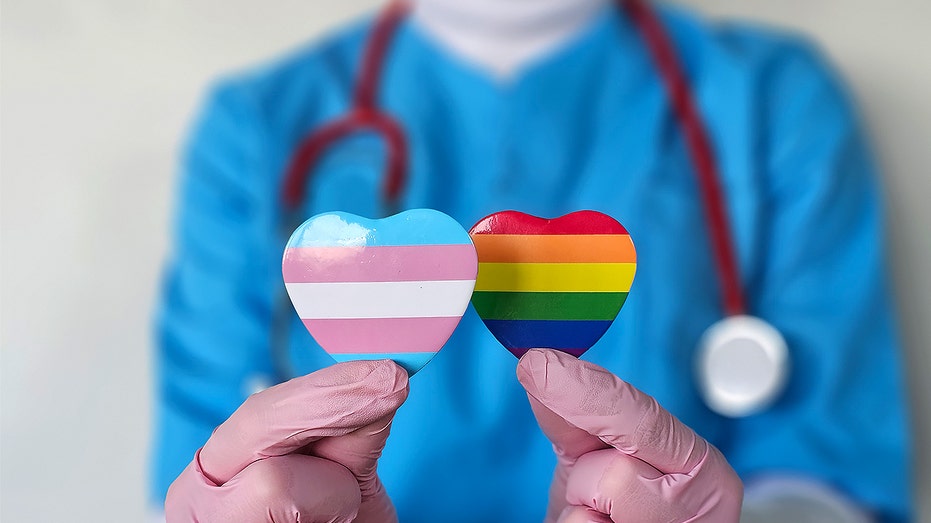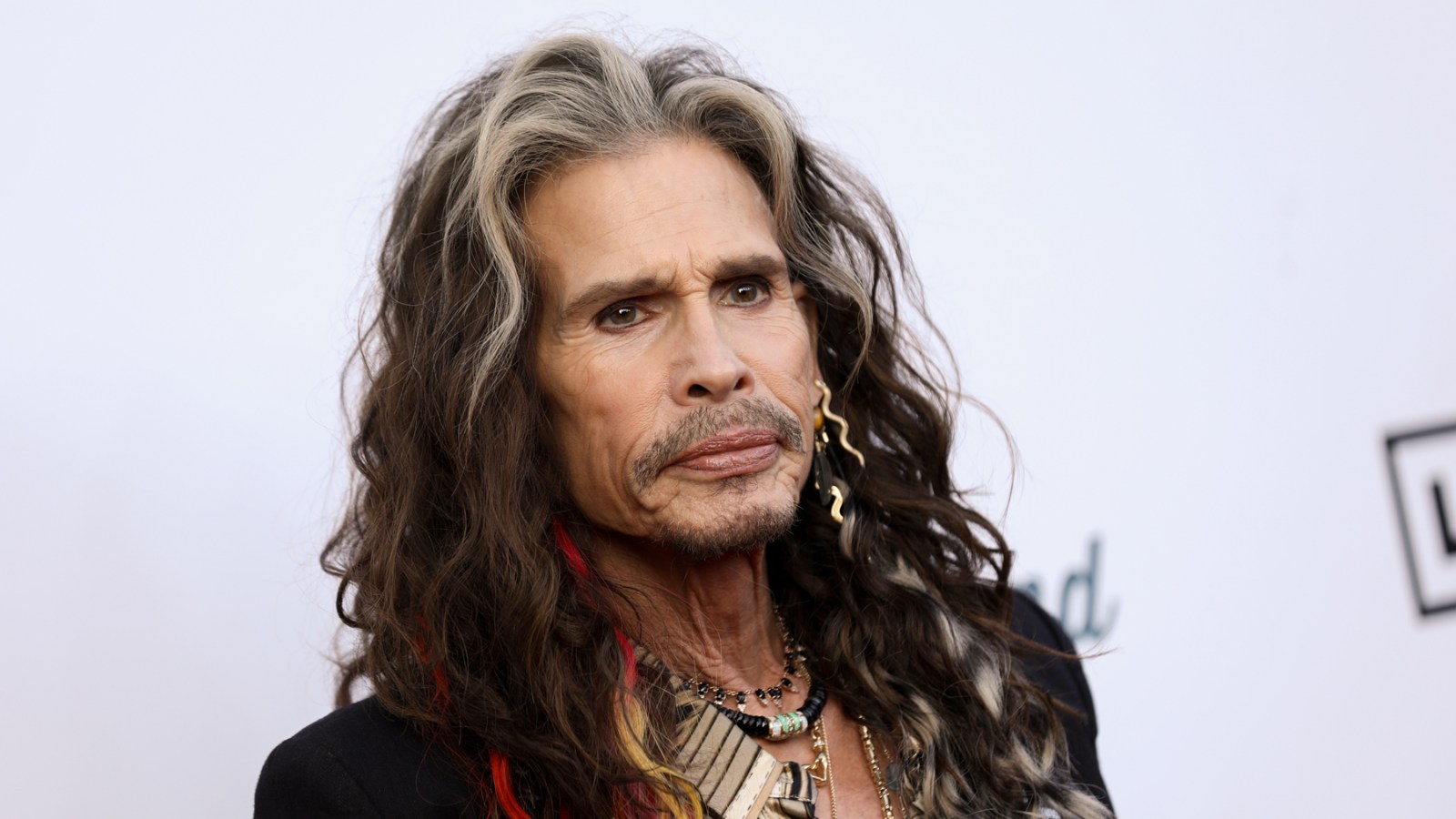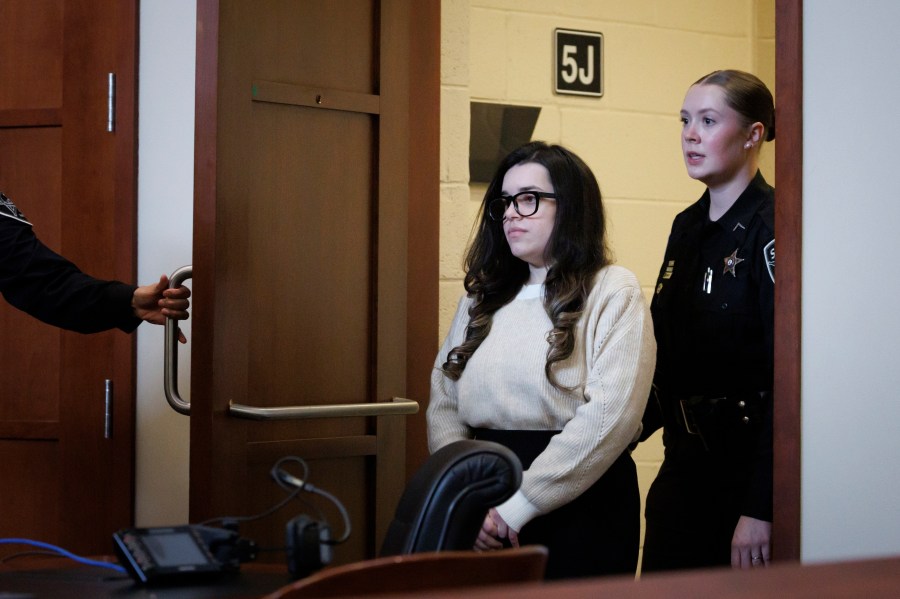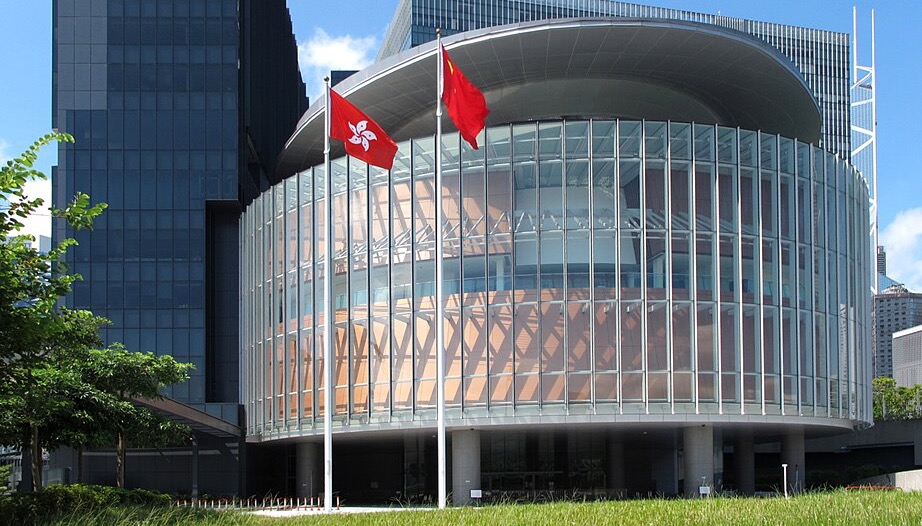
The Hong Kong Legislative Council voted against a bill on October 4, 2023, that aimed to legally recognize same-sex partnerships. The proposal was rejected by a significant margin of 71 votes to 14, leaving the local government with less than two months to comply with a ruling from the city’s top court. This decision comes in the wake of a landmark case involving a same-sex couple who had been married in New York since 2013 and sought recognition of their marriage in Hong Kong.
The court’s ruling, stemming from a 2023 case decided by the Hong Kong Court of Final Appeal (HKCFA), mandated that the government establish an alternative legal framework for same-sex marriages by October 27, 2025. The HKCFA determined that while same-sex marriages were not recognized under current Hong Kong law, there was a compelling need for an alternative form of legal recognition for such relationships.
In response to the court’s directive, the government proposed a registration system in July 2025, allowing couples already married overseas to register their partnerships. However, this proposal does not extend to granting marriage rights to same-sex couples residing in Hong Kong, a limitation that has drawn significant criticism from human rights organizations.
Nadia Rahman, Policy Advisor on Gender for Amnesty International, expressed disappointment over the council’s decision, stating that lawmakers displayed “alarming disdain for LGBTI rights” by voting against the bill. Before the vote, Amnesty International, alongside over 30 international organizations, urged the government to ensure the bill’s passage, highlighting that the legislation fell short of meeting international human rights standards and the government’s own commitments to advancing equality and inclusion.
The rejected bill would have allowed same-sex couples from abroad limited rights, such as making medical decisions and arranging post-death matters. Its rejection stands in stark contrast to the HKCFA’s increasingly progressive stance on equal rights and the ongoing rise of pro-LGBTI social movements within Hong Kong.
With the Legislative Council now facing a 51-day deadline to propose a new bill, lawmakers must navigate the challenge of balancing traditional values with the court’s recognition of a “basic social need” for legal acknowledgment of same-sex relationships. The outcome of this situation remains crucial, as it could significantly impact the rights of LGBTI individuals in Hong Kong and reflect broader societal attitudes toward equality.
